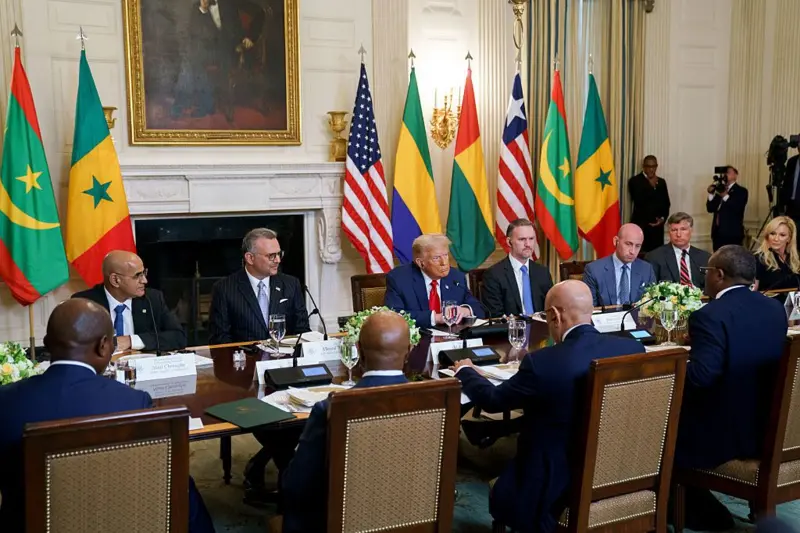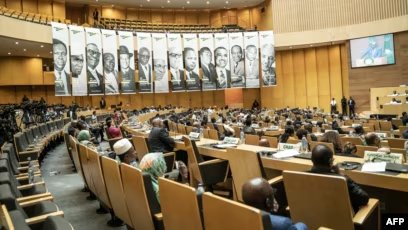Artificial Intelligence (AI) is not just another technology—it is a transformational force capable of reshaping economies, societies, and industries. For Africa, AI offers a unique opportunity to leapfrog traditional development pathways and achieve sustainable, inclusive growth. But this potential will only be realized through a coordinated, strategic, and ethically grounded approach across Member States.
The SMART Africa initiative signals the continent’s determination to harness digital transformation. Yet, despite AI’s rapid emergence, Africa still lacks a unified framework to guide its governance, deployment, and innovation. This AI Blueprint provides that foundation—mapping opportunities, anticipating risks, and offering clear policy directions.
Core Objectives
Seize Opportunities, Manage Risks: Identify AI’s most relevant applications for Africa while mitigating threats such as bias, misuse, and digital exclusion.
Guide Policy and Strategy: Recommend actionable measures to integrate AI into national and regional development agendas.
Developed through the Smart Africa AI Working Group—comprising governments, private sector leaders, academia, and innovators—and championed by South Africa as part of its “4th Industrial Revolution” flagship, the blueprint aims to align Africa’s AI journey with global innovation frontiers.
AI: The Next General-Purpose Technology
Like the steam engine and electricity before it, AI is a general-purpose technology with the power to transform every sector. Driven by advances in machine learning, AI applications are already revolutionizing healthcare, agriculture, and climate science—from early disease detection to precision farming and improved weather forecasting.
While global powers such as the United States, European Union, and China have established advanced AI strategies, Africa is at a pivotal moment—able to learn from global models while crafting context-specific, future-ready solutions.
By acting decisively and collaboratively, Africa can make AI a cornerstone of its digital future—unlocking innovation, driving competitiveness, and delivering tangible benefits to its people.
The message is clear: Africa’s AI future will not be written for it—it must be written by it.




